
Culture
14:07, 03-Feb-2019
Performing Chinese opera at eighty
Updated
14:39, 03-Feb-2019
CGTN
03:33
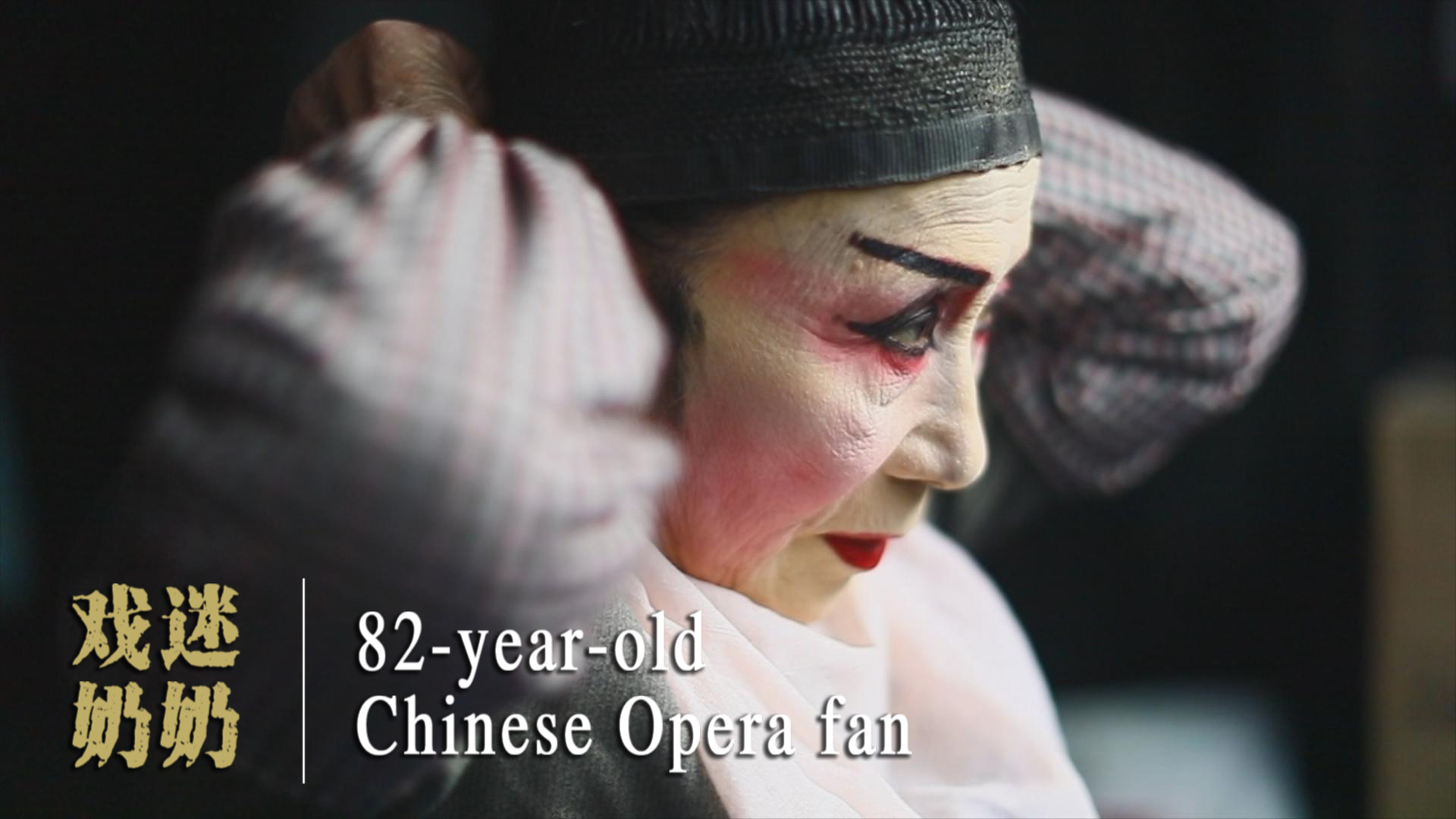

CGTN
CGTN
The flower-drum opera is an embodiment of the local cultures of southern China. It has been performed for centuries on stages in the ancient water town of Wuzhen, east China's Zhejiang Province.
Audiences gathering to watch one specific troupe in town might not know that a "xiao sheng" (young male role) is actually played by an octogenarian woman.
"You know what? I've performed here for 16 years. I'm always happy, as long as I am singing opera," Qu Juanru said.
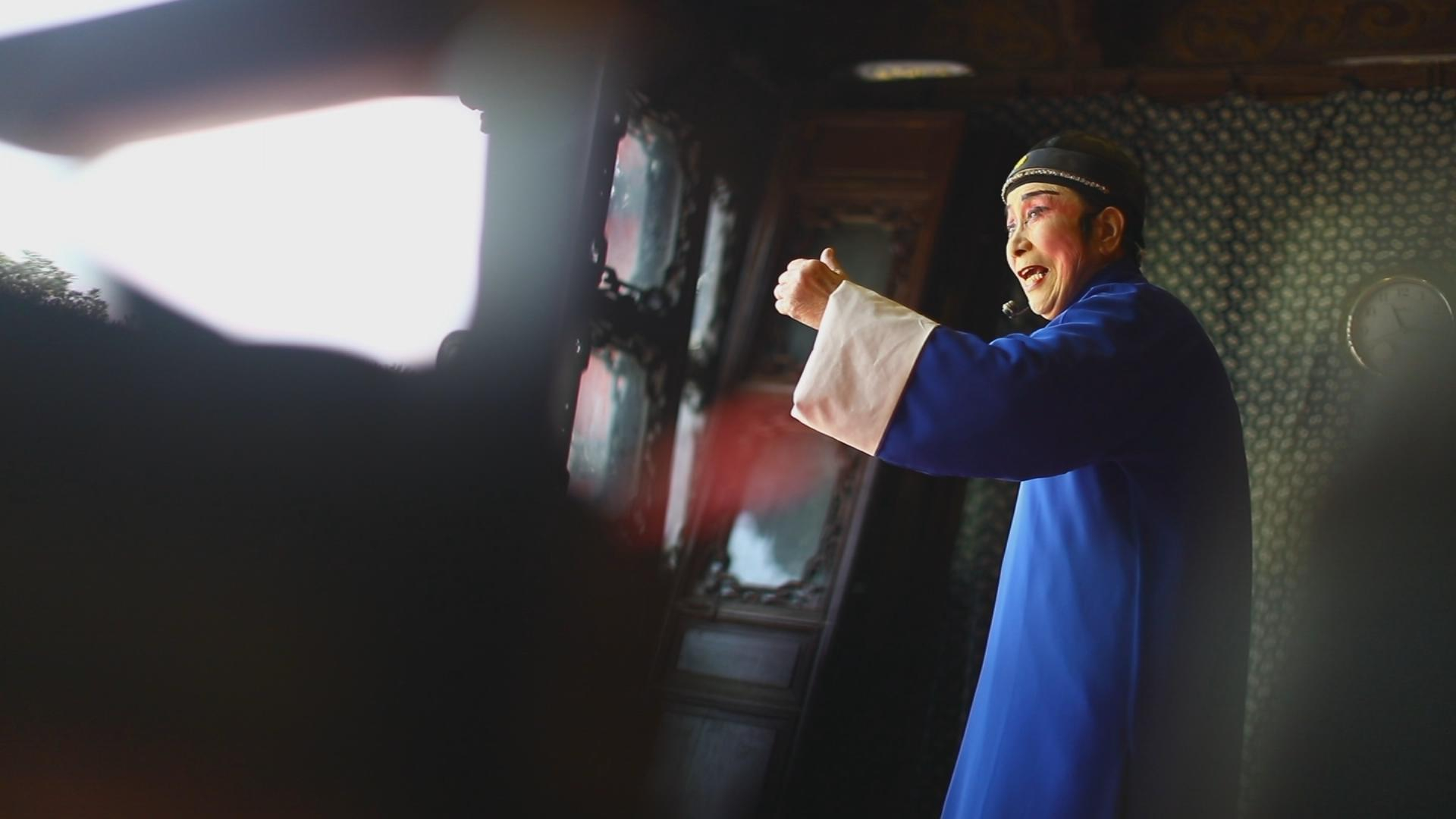
Qu Juanru on stage /CGTN Photo
Qu Juanru on stage /CGTN Photo
She is the official inheritor of Jiaxing City's Tongxiang Flower-Drum Opera. Her legendary stage career goes back to her teenage years.
"My mother passed away when I was 14. I've lived with my father since. In the old days, women were not allowed to perform opera. Nonetheless, my father never held me back when I tried to sing," Qu said.
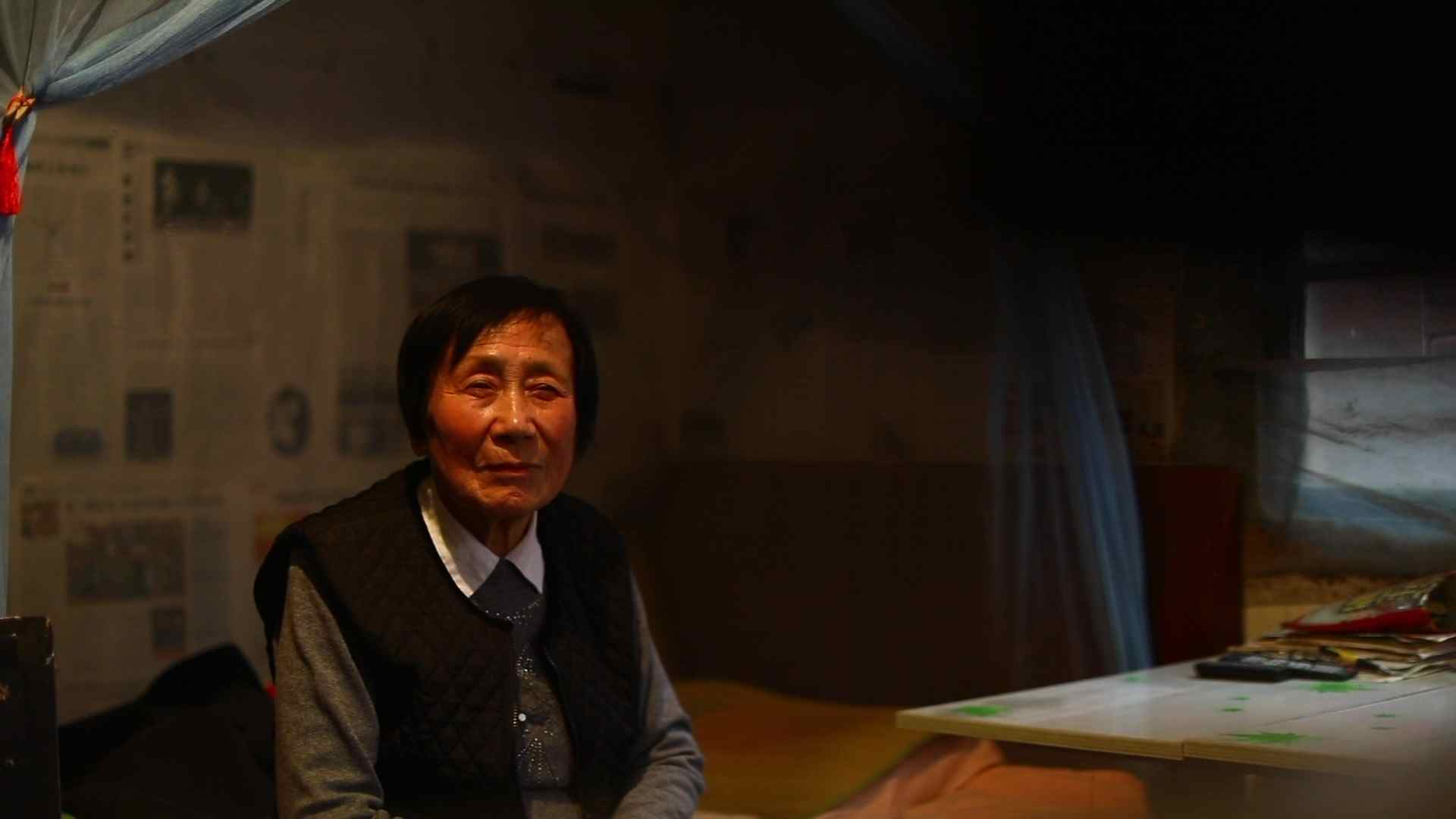
Qu Juanru sits at home. /CGTN Photo
Qu Juanru sits at home. /CGTN Photo
Qu started performing at the age of 18, when she joined the local Aimin Flower-Drum Opera troupe.
Although times had changed and the old practice banning women on stage had been phased out, female actors were still rarely seen with the troupe at the time. It wasn't long before Qu became the shining star of the troupe.
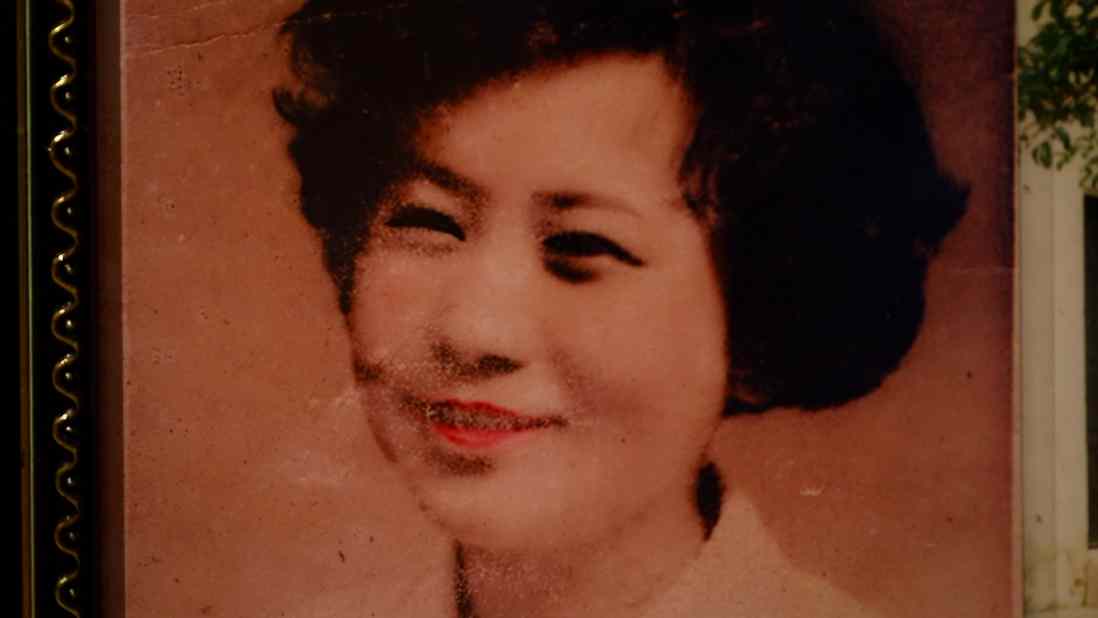
A young Qu Jianru poses for a photo. /Photo courtesy of Qu Juanru
A young Qu Jianru poses for a photo. /Photo courtesy of Qu Juanru
And then came the Cultural Revolution, a political movement, and the art form was denounced as part of the "four olds" – old ideas, old habits, old customs, old culture – which needed to be destroyed. The troupe was disbanded, and Qu went back to farming.
"I felt so repressed during those days. I could only hum the opera when no one was around to hear me," Qu recalled.
After the tumultuous times were over, the then young girl joined hands with others to bring the opera troupe back to life. They performed in parks and auditoriums in Zhejiang Province's Haining and Deqing counties. It was sensational. However, as more people gradually tuned in to TVs, opera audiences shrank in size.
"We had 20 people in our troupe. The income was only some 200 yuan per round to split between us and the venue owner, not to mention the food expenses. We had to disband once again. It was everyone for themselves. I used to do odd jobs in the factory, as I knew nothing other than singing opera," Qu said.
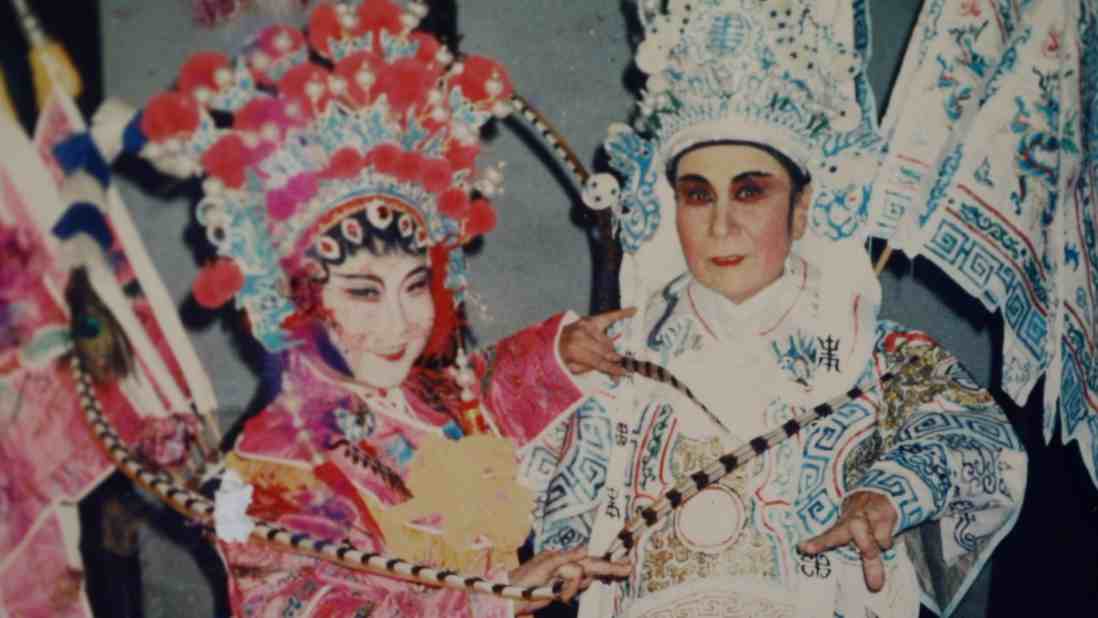
Qu Juanru in full character /Photo courtesy of Qu Juanru
Qu Juanru in full character /Photo courtesy of Qu Juanru
Qu spent years working in factories making clothes and electric fan covers. She also served time in restaurants, and was a cook and a dish washer at a canteen. Gradually, she forced opera out of her life. Her fellow workers never thought of her as a famous opera actress. She was disheartened and thought she would never perform again.
But all of that changed overnight, when a staff from Wuzhen tourism center knocked on her door in 2001.
Wushen was undergoing renovation, and developers thought that a space without culture is of little significance, and hence set out to restore the past glory of local customs, including the Tongxiang Flower-Drum Opera.
Qu, who at the time was working in a dye factory, was their only hope.
Knowing that she could sing again, Qu was overwhelmed with joy.
"I'd been working in factories for nearly 40 years, yet I still remembered the lyrics vividly. My make-up techniques had gotten a little rusty, but I managed to refresh my memory fast," she said.
Back when she was working at the canteen, she learned how to sing the men's parts from her colleagues who played instruments.
"Huadan (vivacious and unmarried female role) have finer eyebrows, xiao sheng (young male role) have thicker eyebrows, and lao sheng (old male role) have much broader ones," she said.
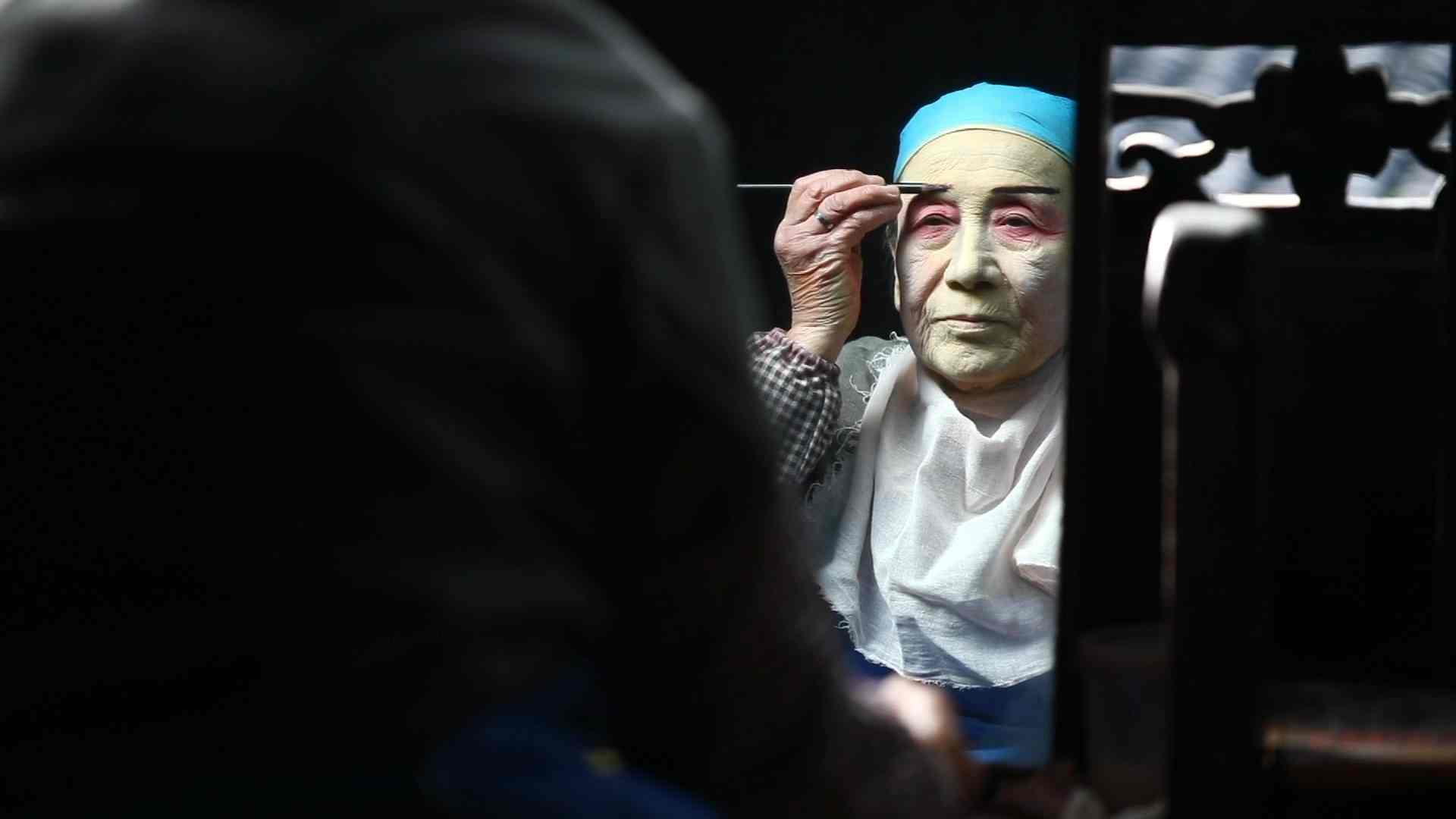
CGTN Photo
CGTN Photo
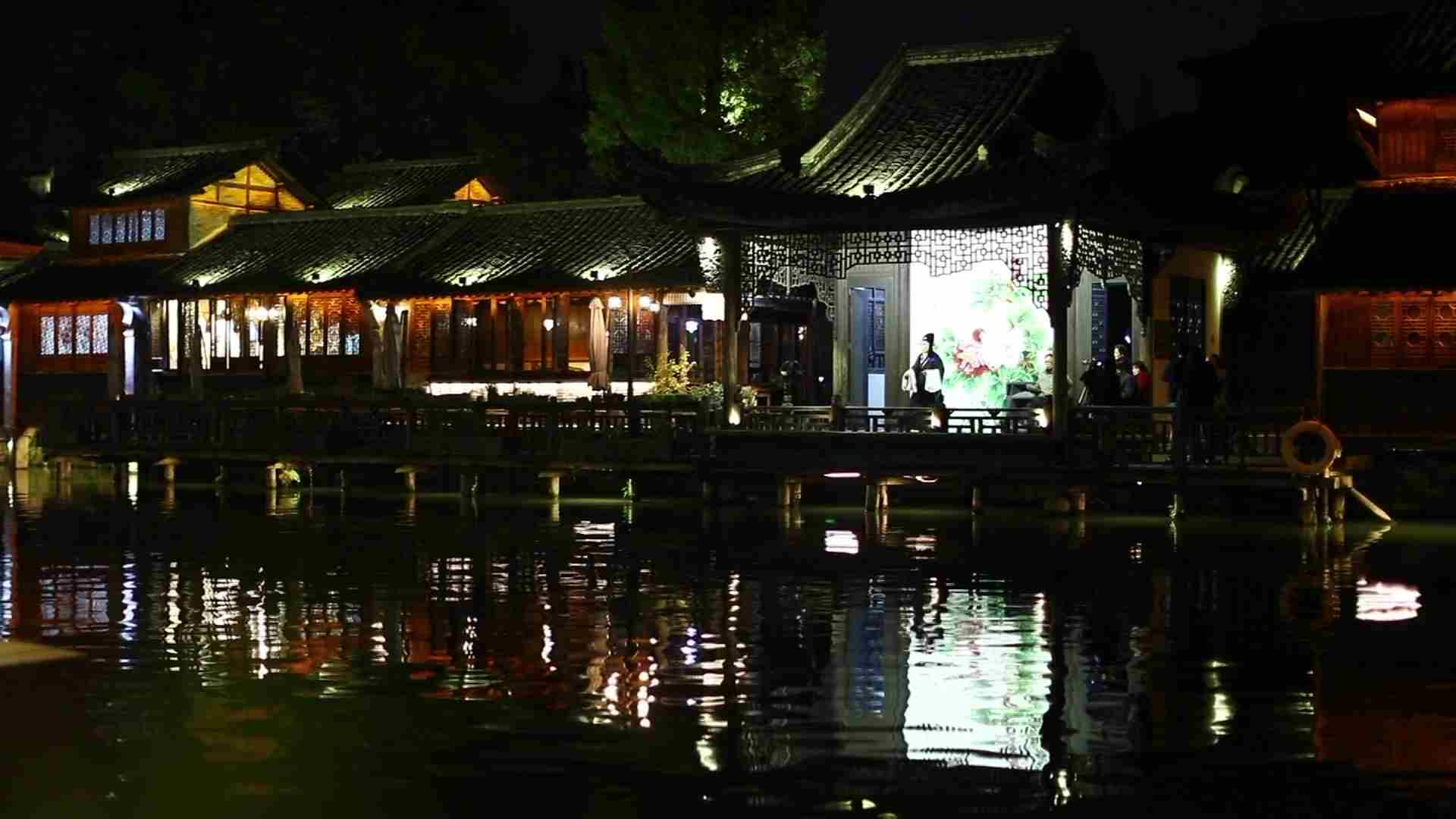
CGTN Photo
CGTN Photo
In bitter cold or scorching heat, Qu always wears the same outfit and gives her everything on stage in Xiuzhen Taoist Temple in Wuzhen.
Electric fans help keep sunstroke at bay in summer, but in winter there's no hiding from the biting wind. She rented a room within a walking distance from the performance venue right after she arrived in Wuzhen, much like rising starlets chasing after their dreams far away from home.
A diagnosis with intestinal cancer meant she was off the stage for six months, but she returned stronger than ever.
"I just like singing opera. There is nothing upsetting about it. I enjoy going up and getting off the stage," she said.
In 2017, she was diagnosed with lupus, an autoimmune disease, yet it didn't stop her from putting on shows.
She appears in six rounds of a 30-minute play every day. Even on Chinese New Year's Eve, Qu would be on duty until 2:30 p.m. before heading home for the reunion dinner. On New Year's Day, she is always the first to be ready for the play.
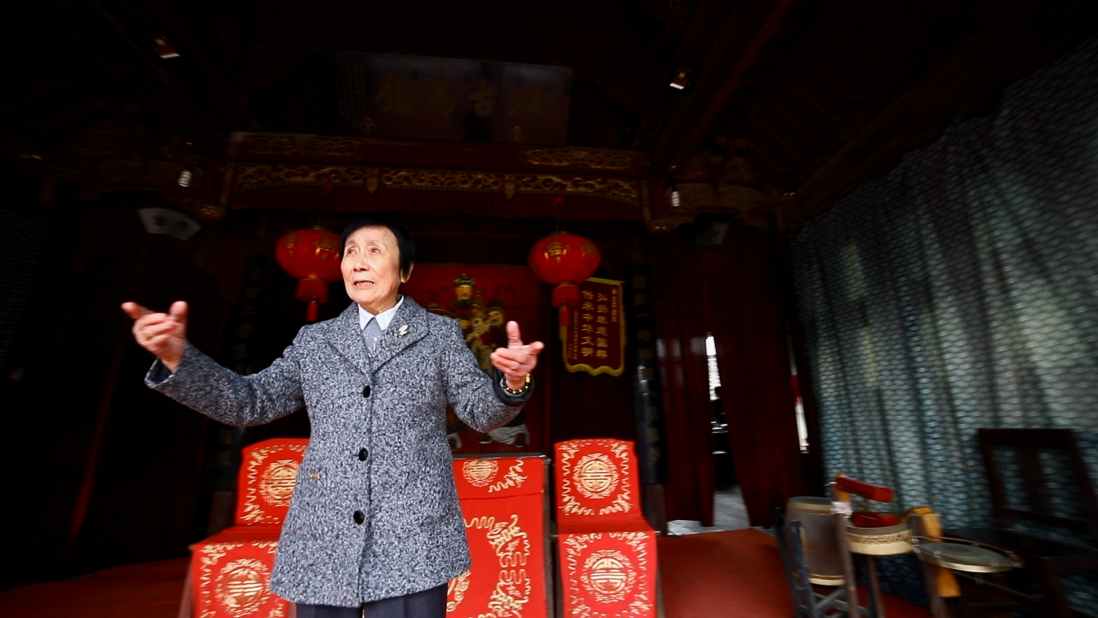
CGTN Photo
CGTN Photo
"I can still sing and perform. I'd love to be there, as long as the company needs me. My sons have all tried to persuade me to retire. I could surely let them take care of me. But I prefer to earn my own living. I can totally see the doctors by myself, which is great. Taking money from my sons is the last thing I want," Qu said.
In the background hangs a couplet that reads: "Gongs and drums may interrupt the sweetest dreams; tunes and scales do spread the heavenly voices." Perhaps Qu sees her opera life indeed as a wonderful dream not to be missed.
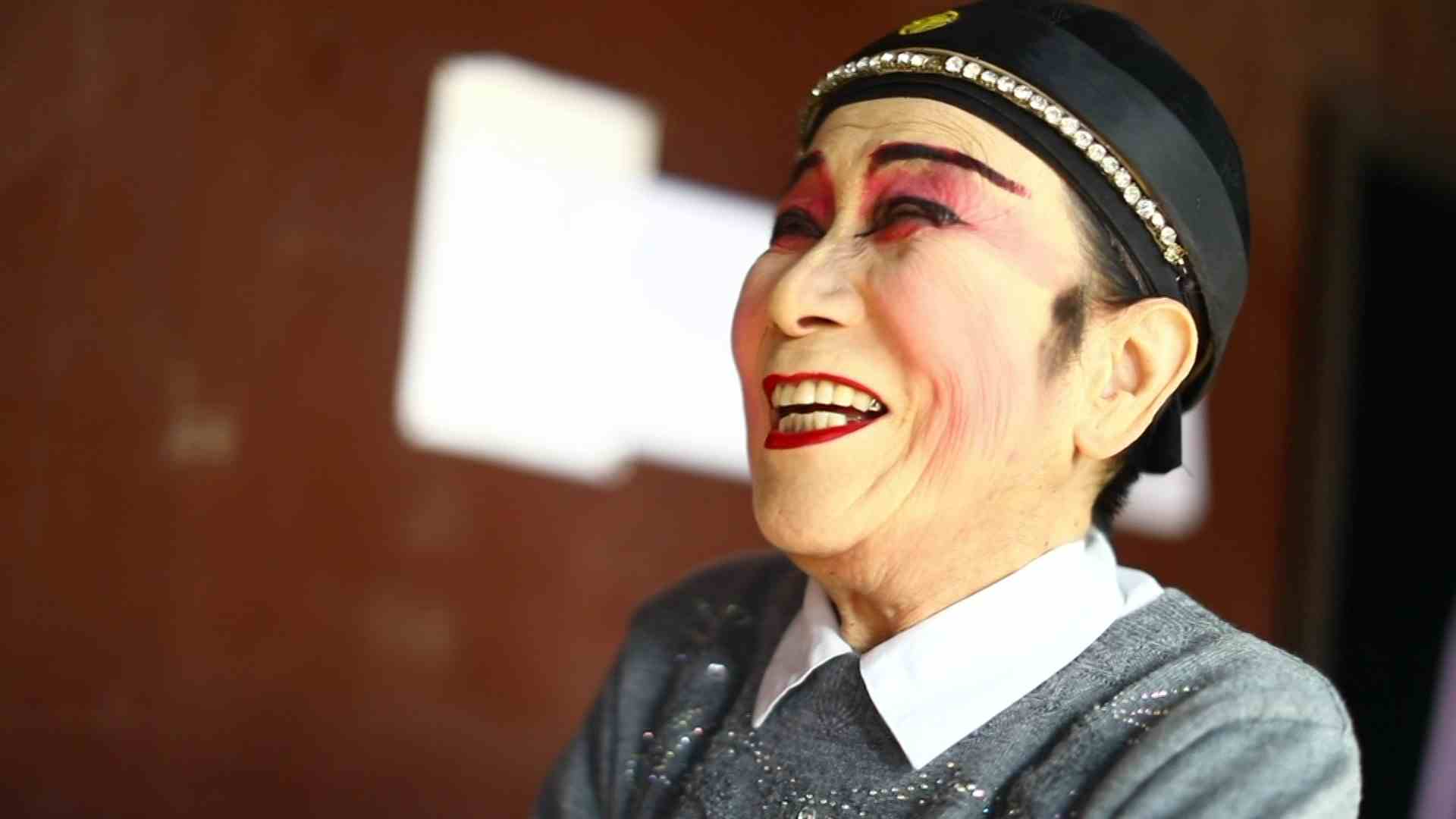
CGTN Photo
CGTN Photo

The story is one in The 1.3 Billion series exploring the diverse lives that make up China.
The story is one in The 1.3 Billion series exploring the diverse lives that make up China.
Director:Yang Yue, Yang Wenchao
Editor:Ma Mingyuan, Gao Xingzi
Filmed by: Li Fei
Designer:Ma Mingyuan
Article Written by: Yao Xinyi
Copy Editor: Xuyen Nguyen, Nadim Diab
Producer:Wen Yaru
Chief Editor: Liu Hui, Zhao Jianfu
Supervisor:Pang Xinhua

SITEMAP
Copyright © 2018 CGTN. Beijing ICP prepared NO.16065310-3
Copyright © 2018 CGTN. Beijing ICP prepared NO.16065310-3